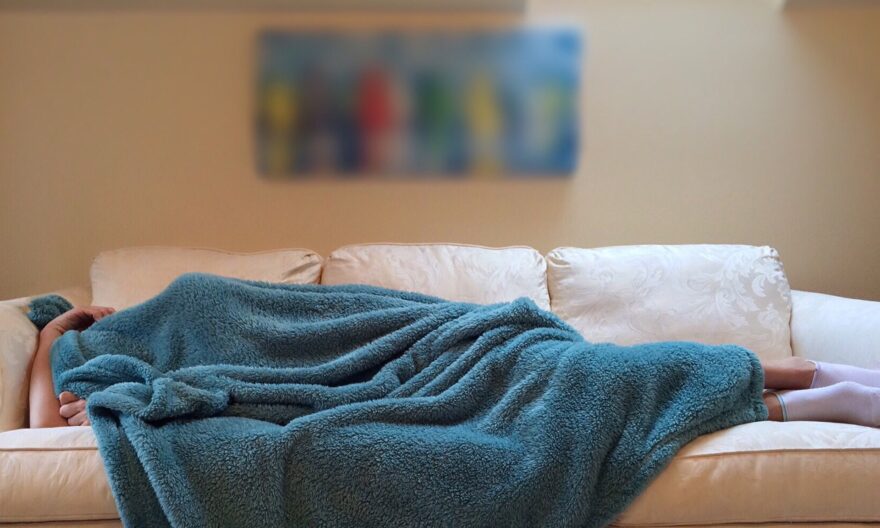
According to a new study on sleep habits, nearly half of Americans aren’t getting enough sleep. The study also found that 30% of respondents had trouble falling or staying asleep and about 27% were very sleepy during the day, with potentially damaging health consequences.
For the study, the researchers analyzed the sleep data of over 9,000 people over the age of 20 between 2017 and March 2020. They found that 30% of adults were getting an hour less sleep than they needed, and around 10% were getting at least two hours less than they needed.
Adults over 18 need at least 7 hours of sleep a night to maintain their health, and getting less than 7 hours or irregular sleep patterns has been linked to an increased risk of heart disease, dementia, weight gain, and mental health disorders like depression and anxiety.
Another key finding was that half of the people in the study had “social jet lag”, which means that their sleep patterns weren’t well suited to their natural biological clock.
Over 46% of the survey participants reported at least 1 hour of social jet lag, while 19.3% experienced at least 2 hours, which is normally due to strict work schedules.
Social jet lag can lead to insomnia, daytime fatigue, difficulty concentrating, and other problems, and people who prefer to stay up late are more likely to suffer from this issue.
However, even if you’re not a morning person, you can encourage healthy sleep patterns by:
- Avoiding light exposure and screen time before going to bed;
- Avoiding stimulating activities late in the evening, like exercising, working, or socializing;
- Not consuming caffeine later in the day;
- Having a healthy diet and exercising regularly;
- Having an evening routine and sticking to it consistently;
- Using calming activities to unwind before bed, such as meditation or reading;
- Creating a calming sleeping environment that’s dark and quiet;
- Investing in comfortable bedding and blackout curtains;
- Building a consistent sleep schedule, then start shifting it earlier every few days.



